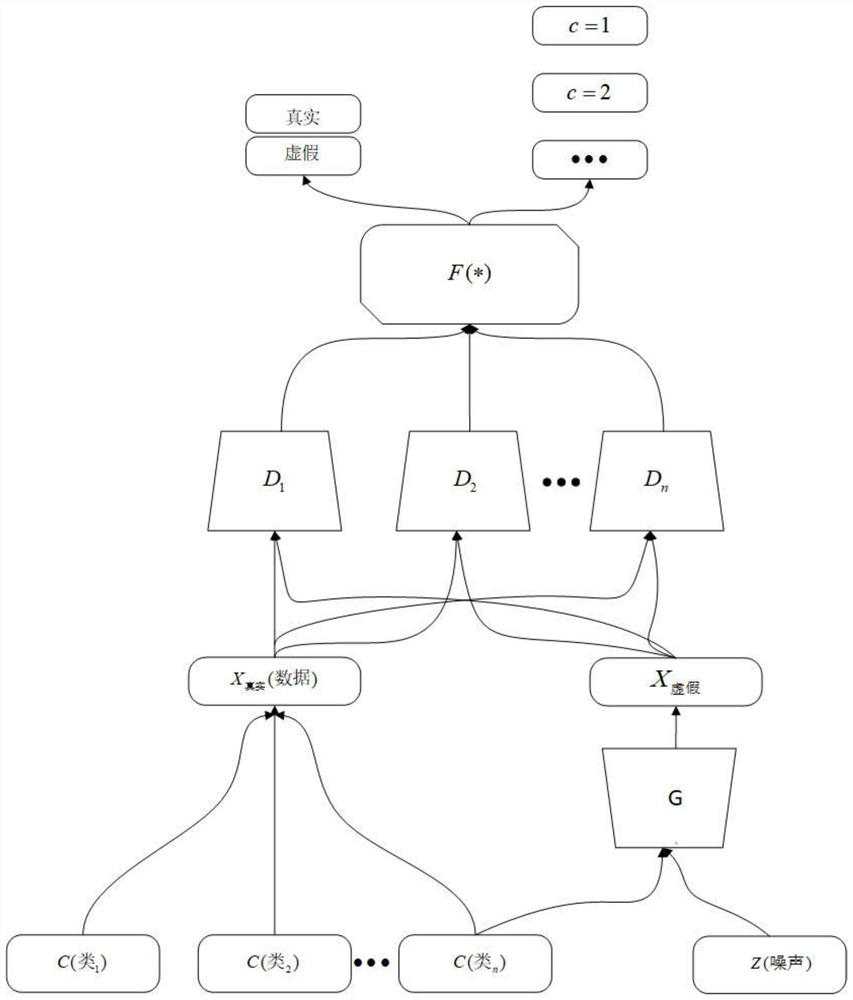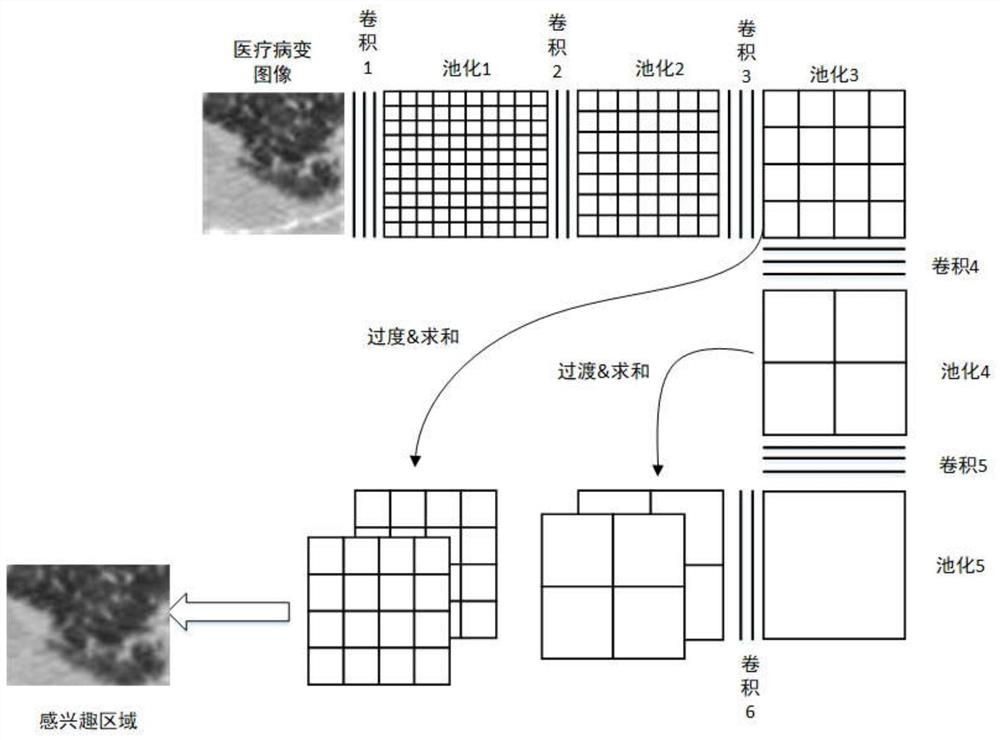Medical image synthesis and classification method based on conditional multi-discriminant generative adversarial network
A medical image and classification method technology, applied in the field of medical image synthesis and classification, can solve problems such as inability to obtain a large number of medical images, poor medical image classification effect, and images without real labels, achieving high accuracy, saving time, and effective results Good results
- Summary
- Abstract
- Description
- Claims
- Application Information
AI Technical Summary
Problems solved by technology
Method used
Image
Examples
Embodiment Construction
[0025] Step 1: Segment the medical CT image according to the radiologist's annotation of the lesion area in the computed tomography (CT) image, and extract the lesion region of interest (Region of Interest, ROIs for short).
[0026] (1) Extract suspected lesion areas: Taking thyroid lesions as an example, professional radiologists analyze thyroid CT images, mark the edges of each lesion and determine the corresponding diagnosis results, and conduct biopsy and clinical random visits at the same time Determined, and finally get the suspected lesion area.
[0027] (2) Feature analysis: There are differences in the gray value of the suspected lesion area and the normal tissue. In order to better determine the lesion area, it is necessary to perform feature analysis on the suspected lesion area. The characteristics of the analysis mainly include the average gray value, gray value standard difference, diameter, etc.
[0028] (3) Extract the final ROIs using grayscale features: use ...
PUM
 Login to View More
Login to View More Abstract
Description
Claims
Application Information
 Login to View More
Login to View More - R&D
- Intellectual Property
- Life Sciences
- Materials
- Tech Scout
- Unparalleled Data Quality
- Higher Quality Content
- 60% Fewer Hallucinations
Browse by: Latest US Patents, China's latest patents, Technical Efficacy Thesaurus, Application Domain, Technology Topic, Popular Technical Reports.
© 2025 PatSnap. All rights reserved.Legal|Privacy policy|Modern Slavery Act Transparency Statement|Sitemap|About US| Contact US: help@patsnap.com



